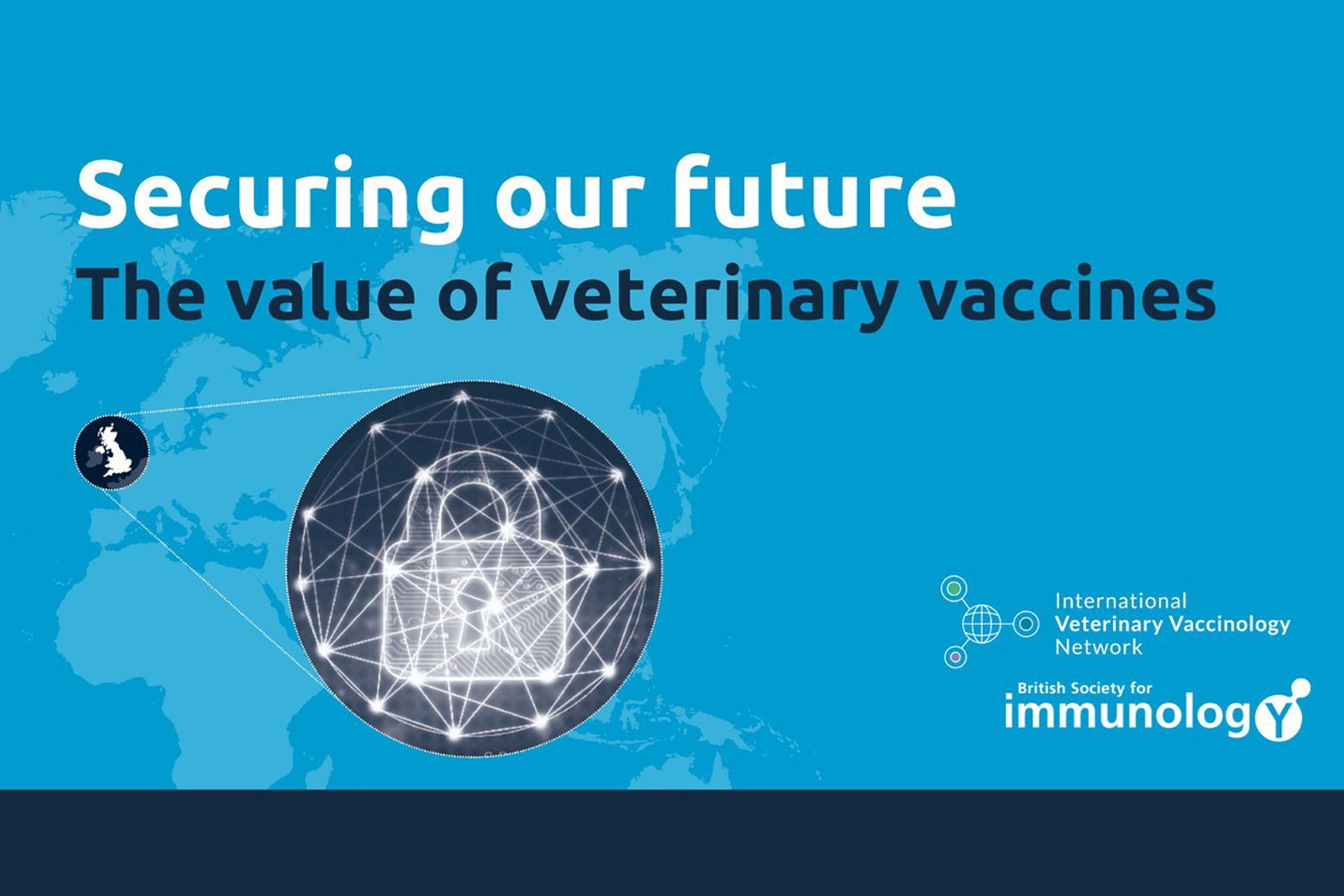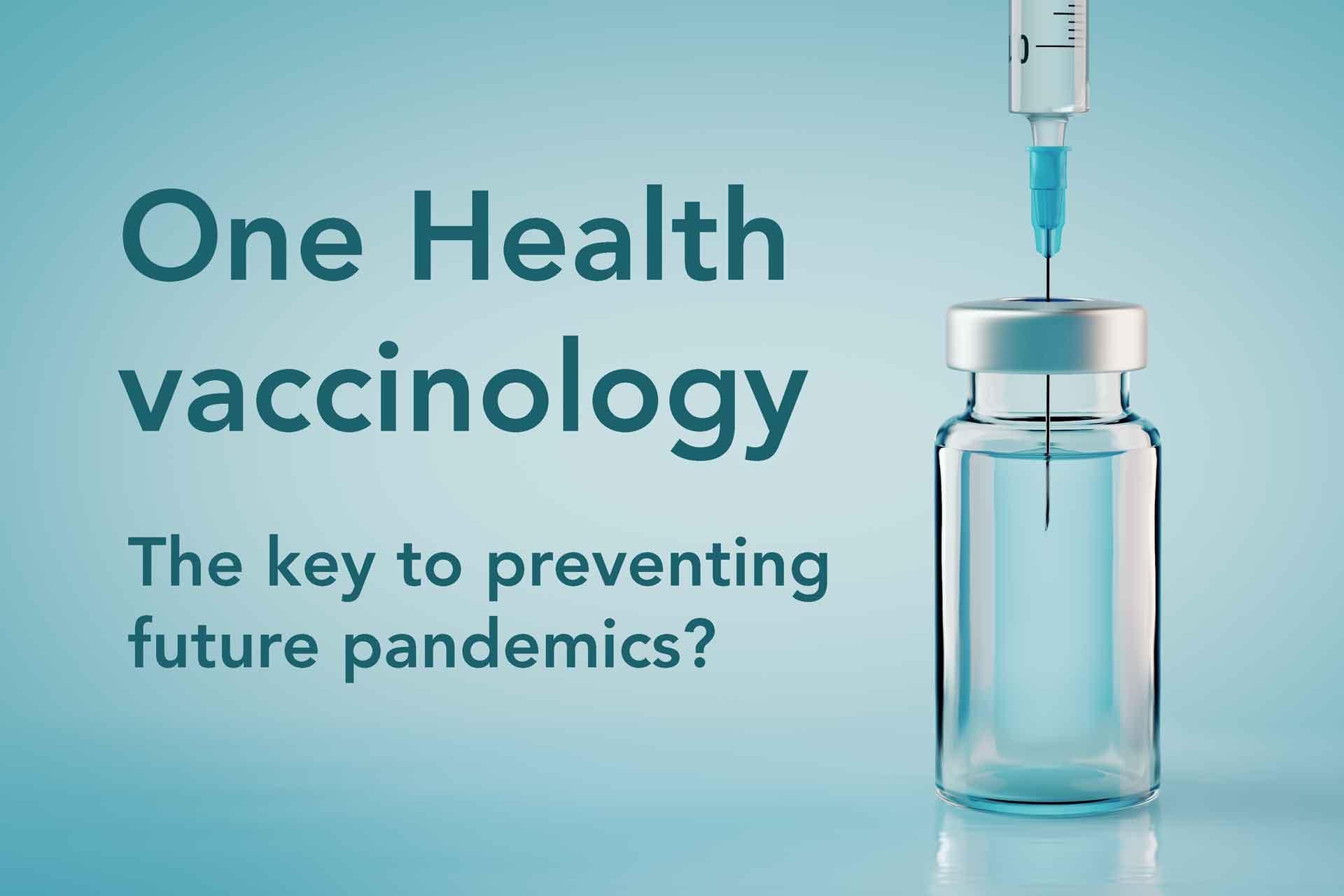Today the British Society for Immunology (BSI) and the International Veterinary Vaccinology Network (IVVN) have published 'Securing our future: the value of veterinary vaccines'. The joint report lays out the current veterinary vaccinology landscape, identifies threats to the UK’s world-leading position and sets out key measures which need to be taken for the UK to maintain its leading role in this area, improving animal welfare, defending food supplies, safeguarding economies and protecting animal and human health.
Among the report’s contributors were The Pirbright Institute’s Professor Bryan Charleston, Professor John Hammond and Dr Elma Tchilian.
Recommendations include:
- Increasing the UK’s veterinary vaccine manufacturing capabilities, something which facilities such as the new animal vaccine manufacturing and innovation centre that will be established at Pirbright will help to achieve
- Supporting and growing the next generation of veterinary vaccinologists
- Prioritising a One Health approach, fostering close collaboration between human and veterinary medicine – read our recent news story on the importance of One Health vaccinology
Dr Elma Tchilian, Head of the Mucosal Immunology group at The Pirbright Institute and Chair of the BSI's Comparative & Veterinary Immunology Group, said: “This report highlights the unique strength of British veterinary vaccinology and immunology but indicates that increased investment in research and career development is essential to maintain this leading position.”
Examples of success and innovations highlighted in the report include the Immunological Toolbox, a Biotechnology and Biological Sciences Research Council (BBSRC) funded initiative run by The Pirbright Institute and the University of Edinburgh’s Roslin Institute which aims to remove barriers to veterinary vaccine development by facilitating information exchange and collaboration within a curated platform.
Also featured are Pirbright’s development of African swine fever (ASF) vaccines and the next generation of foot-and-mouth vaccines to prepare for future outbreaks, as well as the critical role of the Reference Laboratories housed at the Institute. Detecting outbreaks and understanding the genetic differences between viruses during outbreaks is crucial for discovering where different strains are circulating worldwide and helps determine what methods would be most effective for their control.


